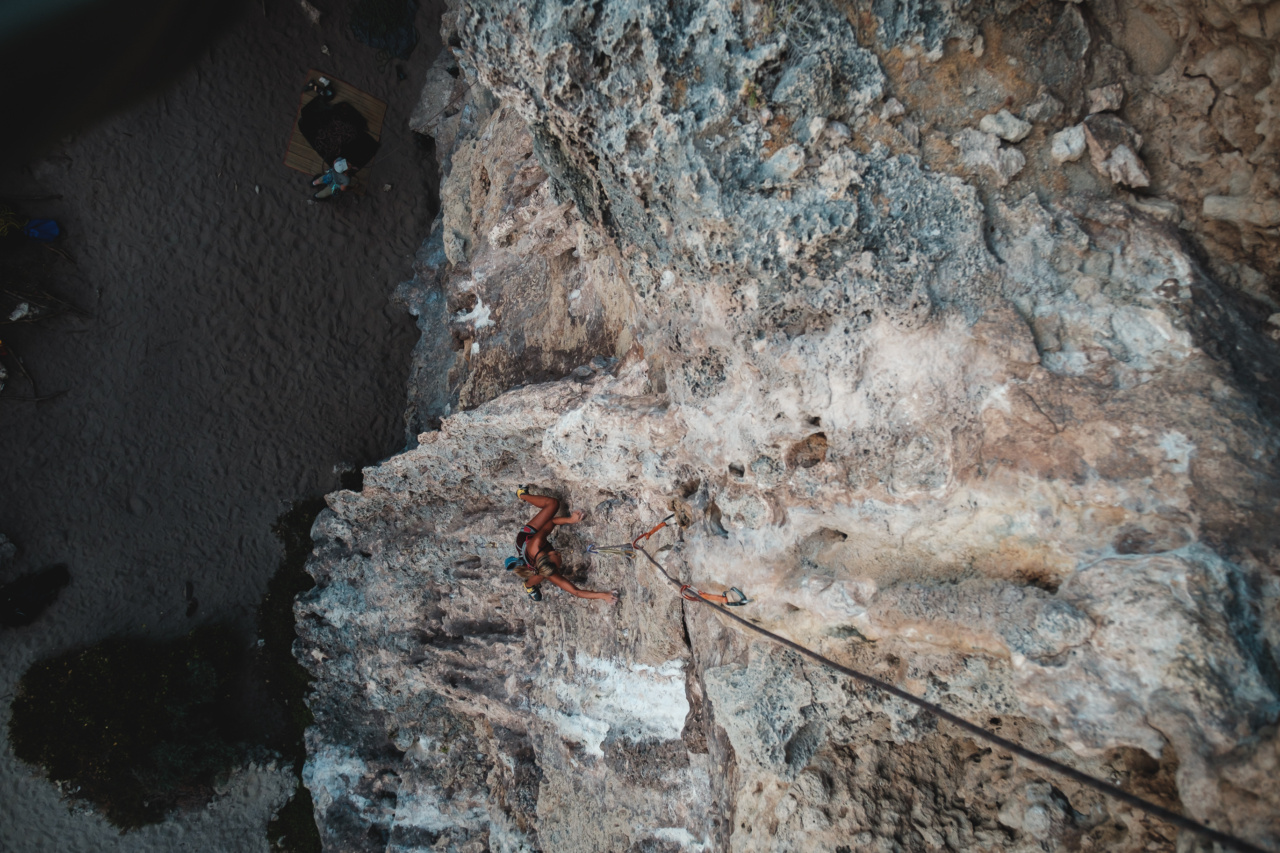Bile stones, also known as gallstones, are solid deposits that form in the gallbladder. They are usually made up of cholesterol or bilirubin, a yellow pigment that is a byproduct of the breakdown of red blood cells.
Bile stones can range in size from tiny grains of sand to as large as a golf ball, and they can cause severe pain and discomfort.
One of the most effective ways to reduce the risk of developing bile stones is to stay active and maintain a healthy lifestyle. Regular physical activity promotes digestion, aids in weight management, and improves overall gallbladder health.
In this article, we will explore the benefits of staying active and provide practical tips to help you incorporate exercise into your daily routine.
The Link Between Physical Activity and Bile Stone Risk
Engaging in regular physical activity has been shown to have numerous benefits for the body, including reducing the risk of developing bile stones. Here are some of the ways exercise can help:.
1. Promotes Digestion
Physical activity stimulates the digestive system, helping to move food through the intestines and preventing the stagnation of bile. When bile remains stagnant, it has a higher chance of forming stones.
By staying active, you enhance the flow of bile and reduce the likelihood of stone formation.
2. Aids in Weight Management
Obesity is a significant risk factor for developing bile stones. Excess weight puts extra pressure on the gallbladder, leading to increased cholesterol secretion and reduced gallbladder emptying.
Regular exercise helps manage weight by burning calories, reducing body fat, and improving metabolic function. Maintaining a healthy weight can decrease the risk of bile stone formation.
3. Enhances Gallbladder Contractions
Regular physical activity stimulates the gallbladder to contract more effectively, promoting the emptying of bile. When the gallbladder empties regularly, there is less chance for bile to accumulate and form stones.
Exercise triggers the release of a hormone called cholecystokinin, which stimulates gallbladder contractions and facilitates proper bile flow.
4. Reduces Cholesterol Levels
Elevated cholesterol levels in the bile can contribute to the formation of cholesterol-based stones.
Studies have shown that regular exercise can help reduce total cholesterol levels and increase the ratio of good cholesterol (HDL) to bad cholesterol (LDL). By keeping cholesterol levels in check, you decrease the likelihood of cholesterol stone formation in the gallbladder.
Practical Tips to Stay Active
Now that we understand the link between staying active and reducing bile stone risk, let’s explore some simple yet effective ways to incorporate exercise into your daily routine:.
1. Start with Walking
Walking is an excellent low-impact exercise that can be easily incorporated into your daily life. Aim for at least 30 minutes of brisk walking every day. You can gradually increase your pace and distance as your fitness improves.
Consider using a pedometer or fitness tracker to monitor your steps and set goals for yourself.
2. Engage in Aerobic Activities
Aerobic exercises such as jogging, swimming, cycling, and dancing are beneficial for overall health and can help reduce the risk of bile stone formation.
Aim for at least 150 minutes of moderate-intensity aerobic activity or 75 minutes of vigorous-intensity aerobic activity each week. Mix it up with different activities to keep it interesting.
3. Strength Training
Incorporate strength training exercises into your routine to build muscle and increase metabolism.
Engaging in resistance training, using weights or resistance bands, two to three times a week can help improve gallbladder function and reduce the risk of bile stone formation. Remember to start with lighter weights and gradually increase as you get stronger.
4. Stay Active Throughout the Day
Don’t limit your physical activity to a single exercise session. Look for opportunities to stay active throughout the day.
Take the stairs instead of the elevator, park your car farther away from your destination, or go for short walks during your breaks at work. Incorporating small bursts of activity can add up and contribute to your overall fitness.
5. Incorporate Yoga or Tai Chi
Yoga and Tai Chi are ancient practices that promote flexibility, strength, and balance. These slow and controlled movements can also help improve digestion and reduce stress, which is important since stress can contribute to bile stone formation.
Consider taking a yoga or Tai Chi class, or follow online videos to practice at home.
6. Stay Hydrated
Proper hydration is essential for overall health and the prevention of bile stones. Drinking an adequate amount of water helps maintain healthy bile flow and prevents the bile from becoming too concentrated.
Aim to drink at least 8 glasses (64 ounces) of water each day, and more if you are active or in hot weather.
7. Stay consistent
The key to reaping the benefits of exercise is consistency. Make physical activity a habit by scheduling it into your daily routine. Find activities that you enjoy and that fit your lifestyle, so it is easier to stick with them in the long run.
Remember that even small bursts of activity can make a difference.
Conclusion
Staying active and incorporating regular exercise into your daily routine is crucial for reducing the risk of developing bile stones.
Physical activity promotes digestion, aids in weight management, enhances gallbladder contractions, and reduces cholesterol levels, all of which contribute to a healthier gallbladder. By following the practical tips provided, you can take steps towards reducing bile stone risk and improving your overall well-being.






























